FakeNews&Elders: Elders in an age of fake news and information overload
As people get older, the risk of exclusion, especially digital exclusion, increases, especially in rural areas. Negative consequences of this include limited use of online public services or social and civic exclusion. Marginalisation makes it more difficult for older people to access important social information and science and technology-related services that can benefit their independence and well-being. In addition, fake news spreads quickly and freely, posing a threat to society.
The FakeNews&Elders project promotes the inclusion of older people as people with fewer opportunities, often digitally and educationally excluded.
Project objective
- Maintaining active citizenship by avoiding the risk of marginalising groups with insufficient skills to move freely in the digital society.
- Improving older people’s media communication skills, with a particular focus on the ability to critically assess media content and usage.
Target groups
The project activities are aimed at seniors, local activists, staff (lecturers and administrative staff) of Universities of the Third Age, NGOs working with mature people, libraries, parish associations, trainers and counsellors working with adults, social workers, social media managers and journalists, social media experts and researchers, researchers and stakeholders in the research and development sector, including the business sector, research institutions, university communication staff and press offices.
Project results
- The first outcome of the project will be to survey the phenomenon of disinformation and fake news and create a handbook that will explain to seniors what they are, how they are created and how fake news is spread
- On this basis, a practical course will be created for seniors that will focus on a critical approach to the media in relation to fake news, media literacy, but also the dynamics of social networks.
- The third outcome of the project will serve as a methodological guide for social workers and lecturers to work with seniors on improving their digital skills.
These three outputs will be complemented by a fourth, in the form of teaching boards and posters on disinformation, prepared for libraries, Universities of the Third Age, senior citizens’ homes and other institutions for mature people
All project results will be available not only in the national languages of the partner countries (Polish, Greek, Czech, French, Spanish and Italian), but also in English and will be accessible to all interested – senior citizens, social workers and the general public.
Added value
The project will equip the core audience – senior citizens – with critical thinking skills and increase their ability to deal with misinformation and false information in the media.
Planned activities
In each partner country, a series of workshops will be held and a final conference to disseminate the project results will be organised.
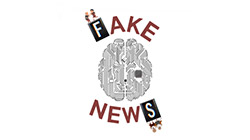
Project duration:
February 2022 – January 2024

More information:
Project coordinator

Fundacja Rozwoju Aktywności Międzynarodowej i Edukacyjnej – FRAME
Poland
Project partners

ATHENS LIFELONG LEARNING INSTITUT EASTIKI MI KERDOSKOPIKI
Greece

Spolek PELICAN, z.s.
The Czech Republic
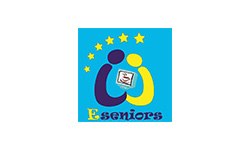
E-SENIORS: INITIATION DES SENIORS AUX NTIC ASSOCIATION
France
INSTALOFI LEVANTE SL
Spain
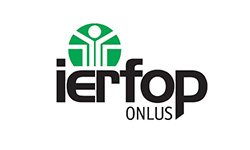
I.E.R.F.O.P. ONLUS
Italy
Contact the project supervisor
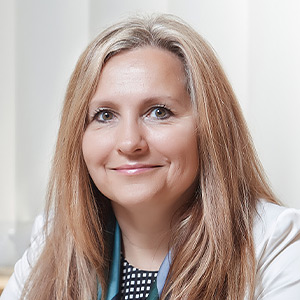
Izabela Warwas
warwas.izabela(at)gmail.com
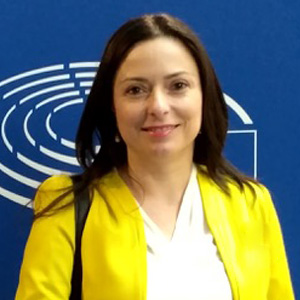
Marta Kędzia
mkedzia(at)euframe.eu

Katarzyna Kasznicka
kkasznicka(at)euframe.eu

